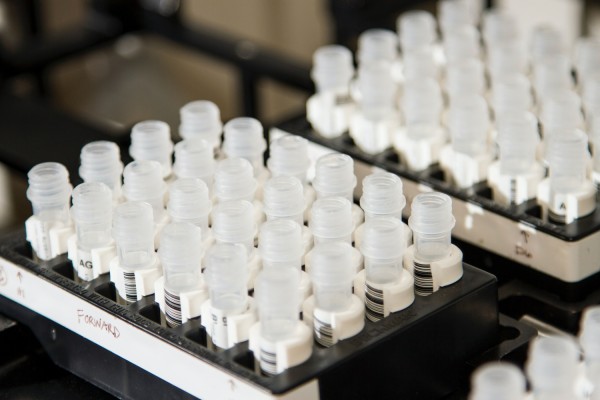Does Genetics Affect the Severity of COVID-19?

Ever since the Coronavirus pandemic hit countries all around the world, people have been digging for information on everything they could find out about the potentially deadly virus. Of course, scientists think that the more we know about the virus, the higher our chances are of fighting and winning against this new silent killer.
According to the current numbers, there are 4.17 million confirmed cases of the Coronavirus pandemic worldwide. Only 1.5 million of the total patients have been reported to recover from the illness, while 285,000 lives have already been lost.
According to the World Health Organization, those who are at high risk of vulnerability to diseases like the coronavirus are older people, children, and those with immunocompromising illnesses. Malnourished people, pregnant women, and those who are already sick can also get easily infected. But that doesn't necessarily mean those perfectly healthy and middle-aged individuals won't also be infected.
In fact, not everyone who is infected by the virus is sent to the hospital and put under a ventilator. Even if a pre-tested COVID-19 positive subject were to socialize with twelve different individuals, not all of them would get infected. But why is that so? The answer could lie in genetics.
Stanford University, Professor of Genetics and member of COVID-19 Host Genetics Initiative, Carlos Bustamante, says that genetics affect how a person can catch coronavirus. But he added that the question is how they can use that to treat the already-infected patients.
The Genes In Question
HLA
Researchers have recently filtered through the thousands of genes in humans that can be associated with the COVID-19 infection. In their earlier studies, the researchers found variations in HLA, a gene present in the human body. This gene is responsible for telling the body how to make particular proteins that would be created by the immune system in order to combat incoming infections.
If the immune system successfully recognizes the foreign germs, it can kill it. There were also computer models crafted by Oregon Health and Science University researchers that supported this. According to them, the HLA gene could vary from one person to another.
That means one person can have a more functional gene that can effectively flag the coronavirus once it enters the body. They have tested this theory with another type of coronavirus, which is SARS. The result was that patients with particular versions of the HLA gene had worse SARS infections.
TMPRSS2
This is another gene suspected by scientists to contribute to coronavirus infection. The TMPRSS2 helps create some kind of protein that allows the coronavirus to get inside the human cells. In their studies, researchers found out that some people produce fewer amounts of this compared to others.
ACE2
The ACE2 is another gene that caught researchers' eyes. This is the gene that's responsible for producing ACE2 receptors. Each ACE2 gene has ports where the coronavirus plugs its spikes into, so it stays latched onto the cell. Due to this behavior, Bustamante believes that it's only logical to know more about it.
May 13, 2020 08:00 AM EDT





